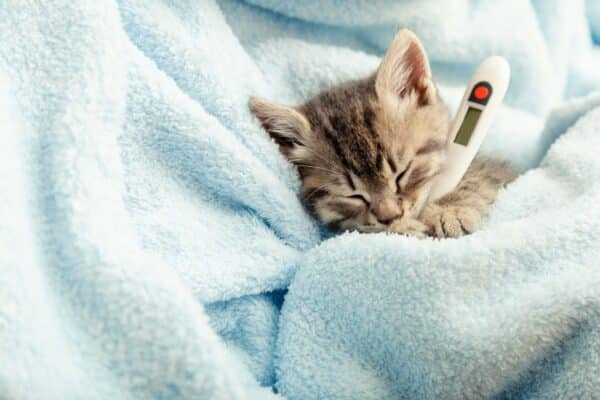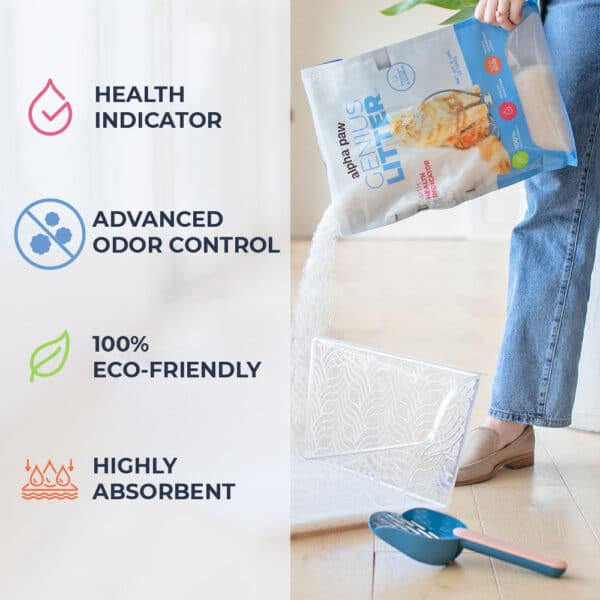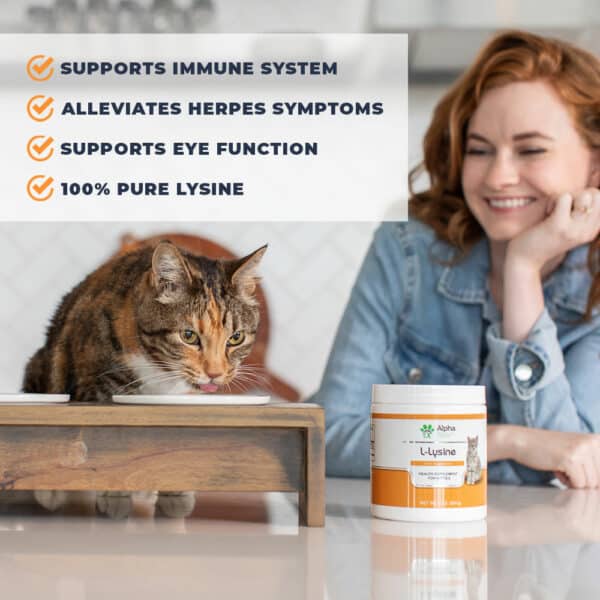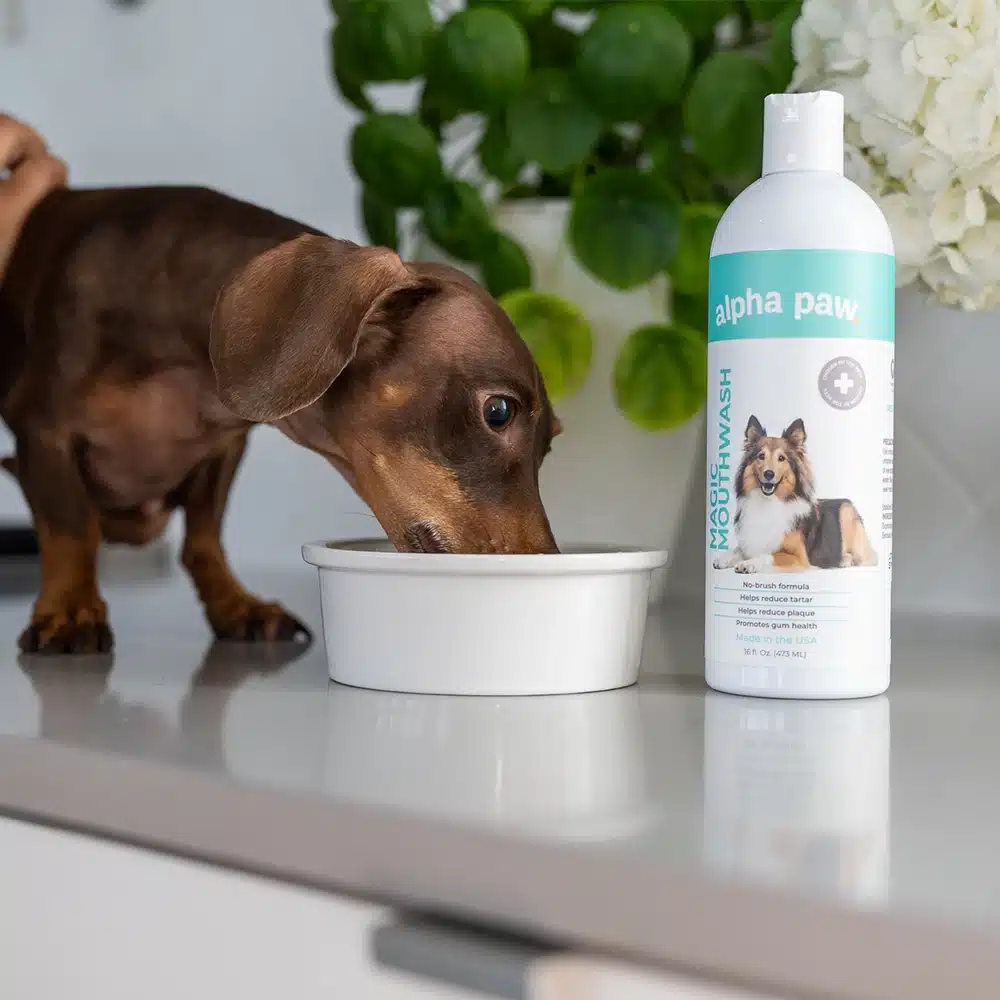The mere mention of the phrase can cats eat raw chicken? Can send cat owners in two opposing directions:
Some will say absolutely not, while others will say it’s healthy and natural and should be added to their pet’s regular diet!
It turns out, both camps are right – there are risks and rewards with feeding raw chicken to your feline friend, so you need to consider all factors before making the decision of whether or not to let your cat indulge in this culinary delight.
In order to break down this disagreement, let’s go over the pros and cons of feeding a cat raw chicken to clarify things.
Can Cats Eat Raw Chicken?
Carnivorous animals in the feline family can eat raw meat, but when dealing with domesticated cats there are certain risks.
It is advised by most veterinarians to avoid raw chicken because the behaviors of wild and domesticated cats are quite different.
Unlike wild felines, domesticated cats‘ bodies aren’t designed to digest raw meat efficiently. Their digestion has evolved according to the food they are fed.
However, cats can eat raw chicken but with some precautions.
What are the Benefits of Feeding Raw Chicken?
The protein content of raw chicken is high, and it is low in carbohydrates, so it won’t cause any problems with your cat’s stomach. Furthermore, magnesium in raw chicken supports the immune system, muscles, and nerves.
In addition, chicken is high in potassium which is needed for fluid balance and blood pressure regulation, as well as muscular contractions.
One other important component of chicken is vitamin E, a powerful antioxidant. Additionally, it has phosphorus and calcium, both of which are vital to keeping your cat’s bones and teeth strong.
How Can a Cat’s Health Be Affected if it Eats Raw Chicken?
Feeding your cat raw chicken is not recommended as it can lead to bacterial infections and raw meat can carry parasites like Toxoplasma Gondii that can affect your pet’s health.
Though cats have a proper digestive system that enables them to deal with harmful bacteria, there is still a possibility of harmful effects from consuming raw chicken.
Raw chicken can cause the following problems:
- Salmonellosis
- Listeriosis
- Nutritional deficiency
- Hindrance In Vitamins Absorption
Salmonellosis
A recent study by the United States Department of Agriculture (USDA) concludes that 3.8% of young chickens are infected by salmonella, which can cause severe gastrointestinal problems in cats. Eating raw meat may also be linked to life-threatening complications.
Your cat may experience the following symptoms if he/she eats raw chicken containing Salmonella:
- Fever
- Decreased appetite
- Vomiting
- Diarrhea
- Severe dehydration
- Rapid weight loss
- Death if left untreated
Cats with any of the above symptoms should be taken to the vet as soon as possible and should not be eating anything before the examination.
Listeriosis
Raw chicken can also be contaminated with Listeria, causing Listeriosis. The symptoms vary depending on the severity of the disease, which can be anywhere from mild to severe.
Some signs of a mild case include:
- Lethargy
- Fever
- Diarrhea
- Vomiting
If it progresses further, it can develop into muscle pain, breathing issues, pregnancy complications, or even death.
Nutritional Deficiency
Feeding raw chicken to your cat can lead to nutritional deficiencies and diet-related health issues.
The nutrients and vitamins in raw chicken are not as high as those in high-quality cat food and it lacks taurine, an amino acid that is necessary for many functions like eye and heart health and reproduction.
Raw chicken also lacks enough fat which is necessary for cats to protect internal organs and maintain their weight. Raw chicken is not intended as a complete diet and should not be fed exclusively to your pet.
Only cat food approved by a veterinarian is the best way for your pet to get the necessary nutrients.
Hindrance in Vitamins Absorption
Raw chicken contains an anti-vitamin called avidin, which binds to biotin and prevents it from being absorbed in the body. Cats need biotin to metabolize protein as well as support the thyroid and adrenal glands. In cooked chicken, there is significantly less avidin, so cats can consume it safely.
How to Feed a Cat Raw Chicken Safely?
As has been mentioned, the raw meat diet poses a variety of disadvantages, but fortunately, there are a few methods that may reduce this.
- Ensure That the Chicken is Fresh
- Before Serving, Prepare the Chicken Carefully
- Keep Surfaces Clean to Avoid Contamination
Ensure That the Chicken is Fresh
You should purchase fresh raw chicken from a reputable store that sells raw meat for cats. Chicken sold in commercial stores is often used for cooking, not for raw consumption. For your cat’s nutritional and safety, only buy chicken that is intended for raw consumption by cats.
Several companies offer frozen raw chicken diets for cats that are salmonella-free and safe to consume.
Before Serving, Prepare the Chicken Carefully
Make sure the raw chicken is prepared with care before serving. A good starting point is to cut the meat onto a clean surface and then slice it with a clean knife.
Bones can be a problem if left in the meat, so it’s important to remove them before serving.
Some chickens need to be washed–always make sure to check the instructions before serving to your furry friend!
Keep Surfaces Clean to Avoid Contamination
Clean the surface thoroughly with a strong disinfectant and make sure to wash your hands with soap and warm water after handling meat. And store any leftover meat in the freezer until you’re ready to serve it up again.
How Often Can a Cat Eat Raw Chicken?
The decision to feed your cat raw chicken is not an easy one to make. There are risks involved with feeding your cat raw chicken because it could result in food poisoning or worse.
To reduce the risk of contamination and make the transition to raw food easier, introduce raw chicken slowly and give only a small piece once or twice a week.
Can Kittens Eat Raw Chicken?
It is too risky for them. Kittens shouldn’t eat raw chicken since their immune system is not fully developed and their digestive system is sensitive.
If they eat raw chicken, they will most likely suffer from salmonella or listeria. If you want to give raw chicken, give it in very small amounts sparingly but it would be advisable to stick with high-quality kitten food instead of raw chicken.
Can Cats Eat Raw Chicken Bones?
While it may be appealing to allow your cat to indulge in a natural snack like raw chicken bones, it’s best to abstain from doing so.
Not only are raw chicken bones bad for your pet’s mouth, but they can also cause internal damage. The risk of choking is also a concern—not only with whole bones but with dangerous bone fragments.
Ingesting large quantities of bone-related materials can lead to constipation or blockages, which can have life-threatening consequences.
Note:
It is recommended by some vets that cats should be allowed to chew breakable bones since they are a good source of calcium and promote dental health.
Is Raw Chicken Liver Safe for Cats to Eat?
In small quantities, raw chicken liver is fine for cats. The organ has all of the essential vitamins and nutrients your cat needs in his/her diet and also offers protein, calcium, iron, copper, magnesium, phosphorus, and a bunch of other healthy goodies that your cat loves.
However, too much may cause stomach upset or infection. A little raw chicken liver every once in a while is fine; just don’t overdo it.
Is it Okay for Cats to Eat Raw Chicken Necks?
It may be a good idea to give your cat raw chicken necks as a treat. However, keep an eye on the cat to ensure they chew carefully because they may choke on the bone.
Although chicken neck bones are softer than other options, smaller cats may choke on the whole neck if they aren’t careful.
Do Commercial Cat Foods Contain Raw Chicken?
If you’re wondering if raw chicken is included in commercial raw cat food, the answer is yes. Raw chicken is a part of many commercial raw food recipes because it provides a variety of nutrients.
Raw muscle meat and organ meat are two ingredients that are commonly included in commercial raw food because they can provide high amounts of protein and calcium.
Grounded bones are also a common ingredient in commercial cat food because they help to provide an adequate amount of calcium as well as other minerals like phosphorus and magnesium.
While this is a great option for feeding your kitty raw cat food, it’s always wise to check the label for any allergen warnings or to contact the company directly to confirm that this is an ingredient in the product.
What other Foods Should I Avoid Feeding My Cat?
For people that want to share their food with their cat, make sure to give your cat healthy human snacks instead of snacks that may harm them.
Foods you should avoid giving your cat include:
- Alcohol
- Citrus fruits
- Coffee
- Coconut
- Grapes and raisins
- Dairy products
- Mushrooms
- Raw bread containing yeast
- Onions, garlic, leeks, chives, scallions, and shallots
Key Takeaways
- Cats can eat raw chicken but it is not advised.
- If you want to give raw chicken to your cat, follow the precautionary measures.
- Eating raw chicken in large quantities can lead to several health problems.
- Raw chicken can give your cat some benefits but it is not ideal cat food.
- Always consult your vet before giving anything new to your cat.
Pro Tip:
It can be very stressful and concerning when a beloved pet is not feeling well, so it’s worth it to get pet insurance to make sure you can cover the veterinary bills.
Importance of Pet Insurance
Pet insurance is a great way to protect your animal’s health. It can be hard to predict when an accident will happen, but with pet insurance, you’re covered.
There are a few different types of plans depending on your needs, and it only takes minutes to get coverage for your pet.
Some pet insurance companies will even cover 100% of veterinary expenses. So make sure to choose the best pet insurance plan for your furry friend.
Once you have a plan in place, vet bills will never be too high because they’ll already be covered by the policy.
It’s important that we all take care of our animals’ safety and well-being so they can enjoy their lives just as much as we do ours.
What Makes Genius Litter Different from Ordinary Litter?
Say goodbye to hauling heavy bags and hello to easy Genius Litter.
With our innovative non-clumping litter formula, you’ll need less of it. One bag of our disposable Genius Litter lasts up to a month, so you won’t need to refill the box as often and can save money on monthly costs.
One thing that separates us from traditional litter is that Genius Litter changes color to indicate when your cat has a potential health issue, so you can get them help before it becomes an urgent medical situation.
All you need to do is set up a delivery date with us each month, and rest easy knowing that Genius Litter will arrive at your doorstep every 30 days.
For a convenient solution for your cat, try Genius Litter today!
Why is Lysine so Important for Your Pet?
Protect your pet’s immunity!
Have you noticed that your cat is coughing, sneezing, and having rapid breathing? Or maybe he/she has been scratching more than usual?
These are all signs of a weakened immune system. One way to prevent this from happening is by using lysine supplements.
Lysine plays a key role in your pet’s immunity because it helps to regulate the immune system.
Without enough lysine, your pets will be more susceptible to illness because their immune system can’t fight off infections as efficiently.
When they are sick, they will also be less able to absorb nutrients and make use of other supplements that can help them feel better.
Give your pet the support they need. Our Lysine supplement provides essential amino acids to help support a strong immune system.
Order now to get 300 one-scoop servings or 150 two-scoop servings and don’t worry about expiry!















